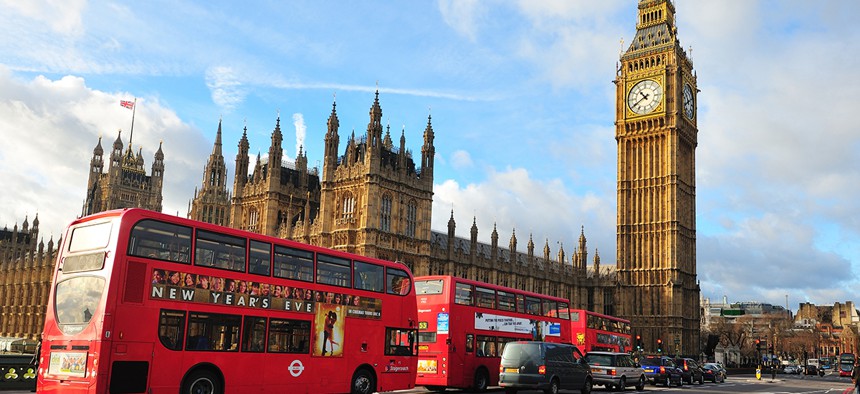A UK Surveillance Bill That Allows Government Hacking Has Passed its First Legislative Hurdle

skyearth/Shutterstock.com
The Investigatory Powers bill, which will grant the British government broad powers to collect user data and hack communications systems and networks.
The Investigatory Powers bill, which will grant the British government broad powers to collect user data and hack communications systems and networks, has passed its first legislative hurdle. Parliamentarians voted overwhelmingly in favor of the bill yesterday (Mar. 15), with 281 “ayes” to 15 “noes.”
The result was so lop-sided because members of parliament from the opposition Labour party abstained. Labour has 230 seats in the 650-member parliament, behind the Conservatives, who run the government.
Labour didn’t vote because it’s seeking changes to the draft law, but didn’t want to block the bill for fear of leaving the security services and police “in limbo,” the party’s shadow home secretary Andy Burnham told the BBC. One of the key changes that Labour is seeking is for the bill, which some have dubbed the “Snoopers’ Charter,” is for it to reflect a “presumption of privacy.”
This didn’t escape the attention of Edward Snowden, the former National Security Agency contractor turned whistleblower, who proposed this about abstaining MPs:
Britons, note how your MPs vote today on #IPBill. A vote in favour -- or abstention -- is a vote against you. https://t.co/hn1CEW2bQ3
— Edward Snowden (@Snowden) March 15, 2016
There’s a long road ahead for the bill yet. It will now go to the “committee” stage, where individual clauses and amendments are scrutinized and voted on. It must then pass the “report” stage, which observers are saying will be pivotal. Conservatives who oppose the bill may break ranks and join with Labour to form a majority that will decide on key amendments, according to a BBC analysis.
The bill will then face the House of Lords, which also scrutinizes proposed changes to the draft law. It could enter a “ping pong” period where it’s passed between chambers for further changes. This wouldn’t normally present a problem if not for the fact that the government has set a December deadline. That’s when the bill’s predecessor is repealed, so the new law is needed to fill the void.
It has been a fraught process just to reach this stage. Tech giants including Apple and Google have publicly opposed the IP bill’s provisions for hacking and bulk collection of data. The UN’s privacy chief has lambasted its international impact. Just before the bill went before parliament, more than 200 senior lawyers signed a letter saying it deviated from international norms on surveillance.





